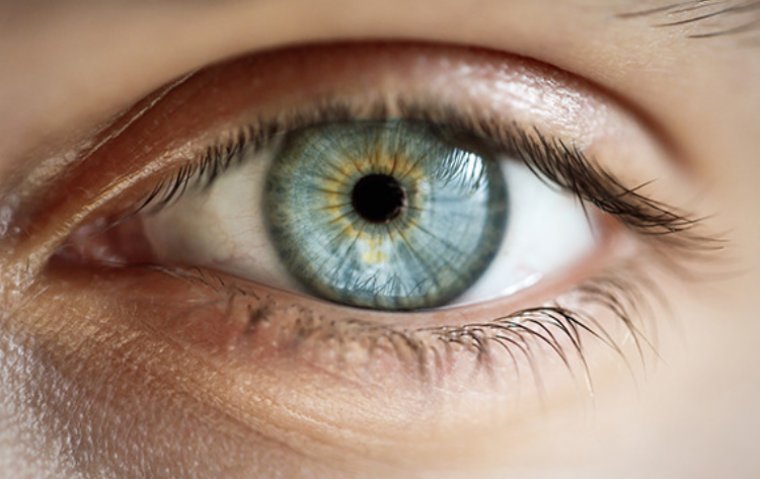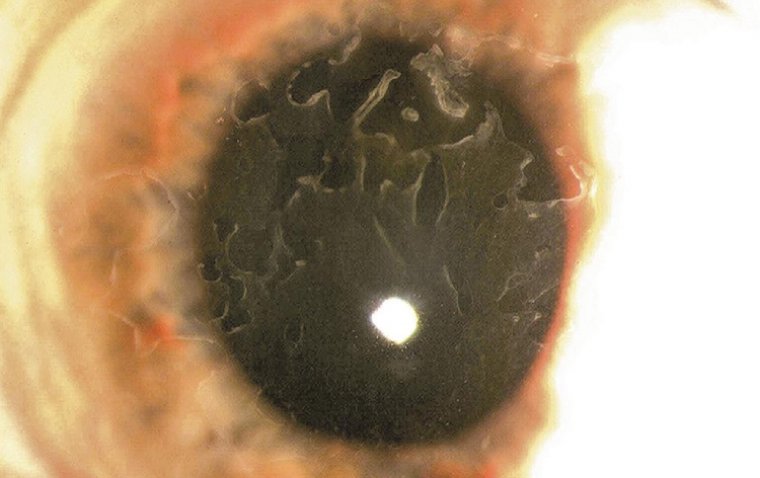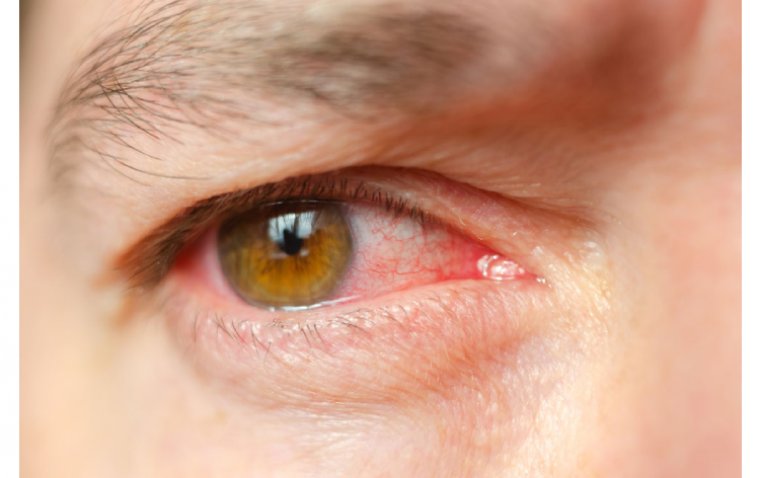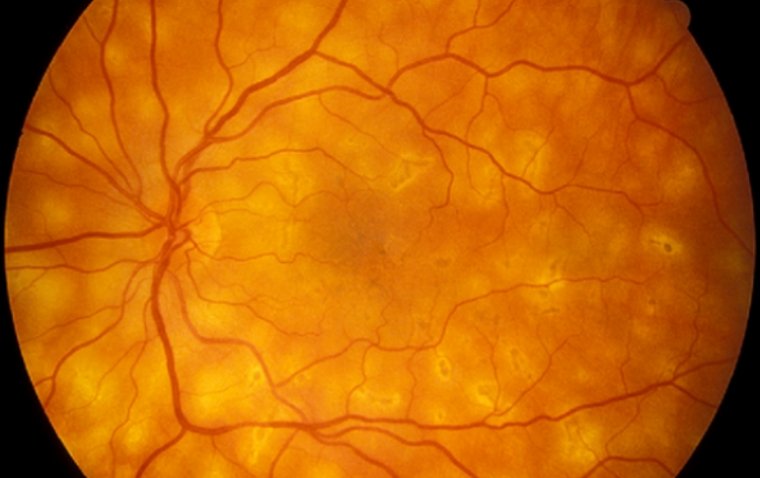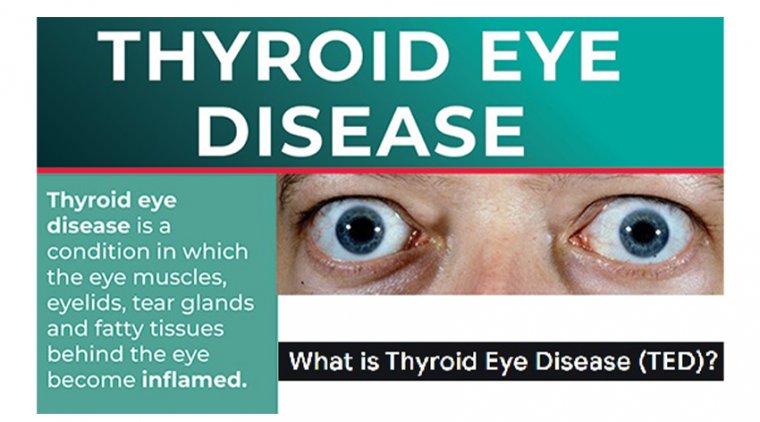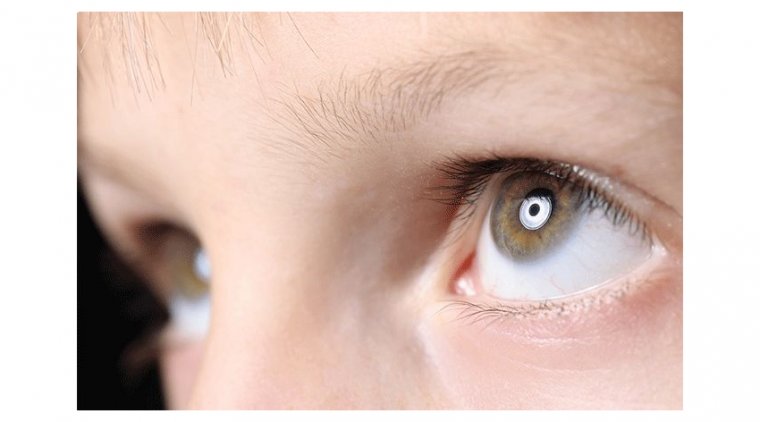
Nystagmus Causes, Symptoms and Treatments
What Is Nystagmus?
Nystagmus is uncontrollable eye movements that can begin in infancy or are acquired later in life. It can cause decreased or limited vision. Occasionally, although there is a discomfort that does not show any symptoms, some visual disturbances such as blurred vision may accompany this condition. The most accurate method to be sure of the presence of nystagmus or what type of Nystagmus you get is to get an eye examination. Sometimes, Nystagmus is called ‘’dancing eyes.
There are three types of Nystagmus:
● horizontal nystagmus
● vertical nystagmus
● congenital nystagmus (It is usually observed in infants in the first six months.)
What Causes Nystagmus?
So what are the potential causes of having nystagmus?
● inner ear balance
● head traumas
● brain tumors
● regular and excessive alcohol consumption
● thiamine or B-12 deficiencies
● stroke
● other eye diseases
Generally, the inner ear balance systems cause nystagmus.
What Are the Symptoms of Nystagmus?
The symptoms of Nystagmus can be observed in one or both eyes. Let's analyze the most common symptoms of Nystagmus;
● Unmanageble eye movements
● Dizziness
● Blurry vision
● Some balance problems
● Sensitivity to light
Most patients with nystagmus want to have an eye examination because they experience balance problems in addition to uncontrollable eye movements.
How to Diagnose Nystagmus
Our eyes are one of the most conspicuous organs in our body and it is easier to notice a problem in the eye than other diseases. So, if we have uncontrollable movements in our eyes and suspect Nystagmus, how can we diagnose it most accurately? The diagnosis of nystagmus is usually made by ophthalmologists. They will provide a general eye exam, while considering the presence of a different eye condition, and test your eye movements in certain ways. If the doctor can't find any reason for nystagmus, the physical examination will give you the best result. In addition, some blood tests may be required.
What Are the Treatments Options for Nystagmus?
The treatment of nystagmus varies depending on the type of nystagmus. It depends on if nystagmus is congenital or subsequent. Generally, there is no treatment for congenital nystagmus because nystagmus can only be eliminated by treating the other underlying eye disease. For example, if nystagmus occurred because of having thiamine or B-12 deficiencies, the treatment of the deficiency will be sufficient.
How to Live with Nystagmus
After the diagnosis of nystagmus made by specialist doctors, the patient may have difficulty accepting this situation. If you have congenital nystagmus and there are no other underlying eye diseases, you must learn how to live with nystagmus in your eyes. However, contrary to what is believed, it is not difficult to cope with nystagmus. People who have congenital nystagmus can use eyeglasses or contact lenses. The only important point here is that eyeglasses and contact lenses should be used with the advice of specialist ophthalmologists.
(1).jpg)

